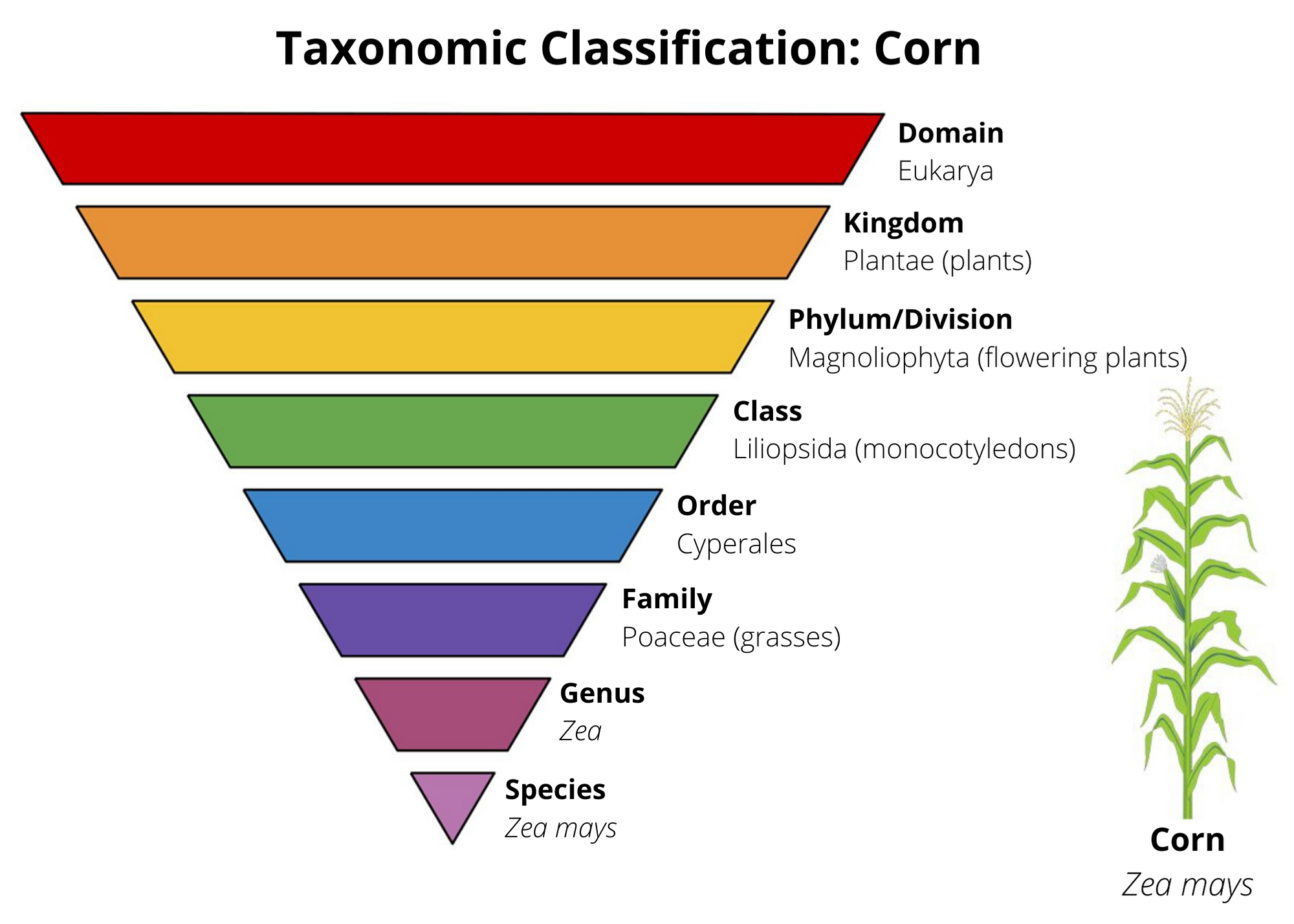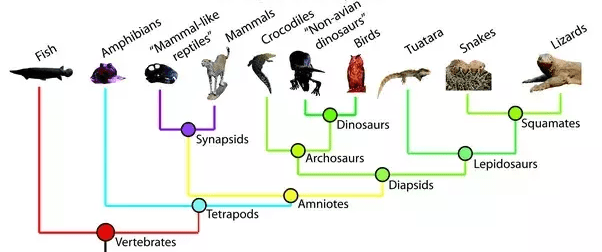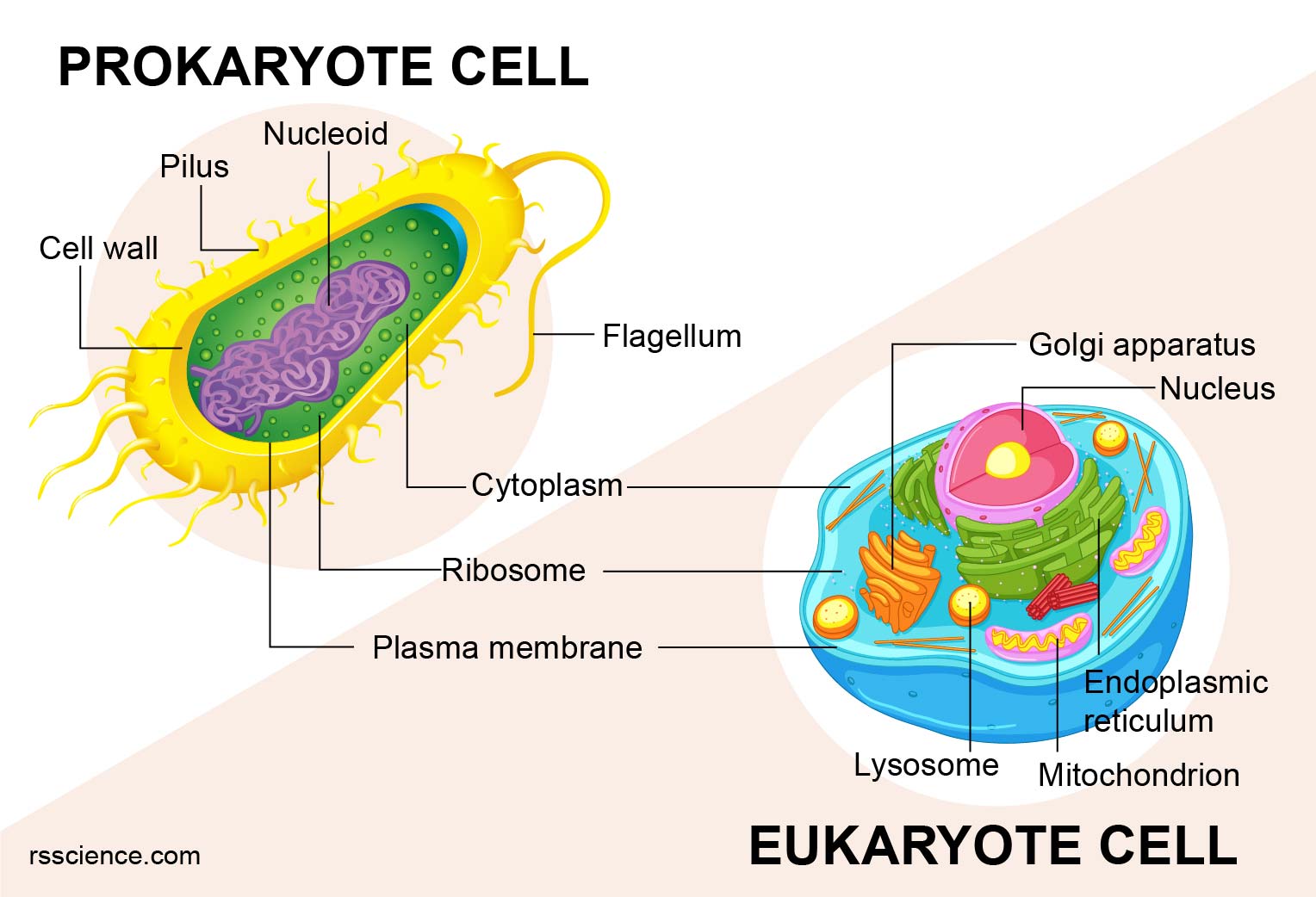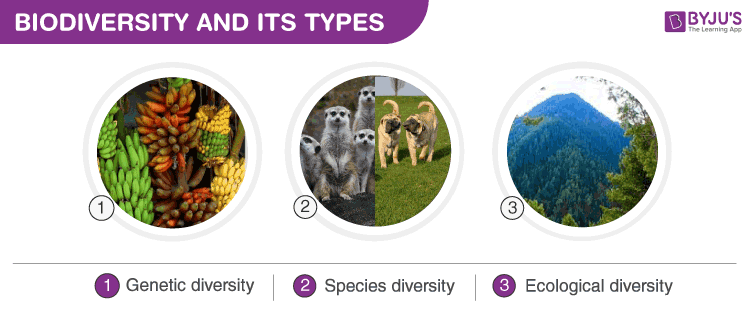Diversity ch1 (not including textbook stuff yall)
1/19
Earn XP
Description and Tags
Name | Mastery | Learn | Test | Matching | Spaced |
|---|
No study sessions yet.
20 Terms
1.1 Identifying,Naming, and Classifying Species
The morphological species concept
(Say definition, pro, and con for each concept u baddie)
Body shape, size, structure
pro: simple
con: “how much difference is too much?”
The biological species concept
the ability to produce fertile offspring
Pro: widely used by scientists
Con: not always applicable
(horse + donkey=sterile)
(elephant +giraffe=x)
(bacteria=asexual)
The phylogenetic species concept
the evolutionary relationship among species
Pro: applied to extinct species
Con: not all history is known
Binomial Nomenclature States…
2 word latin naming by Cavolus Linnaeus
1) First word: Genus (capitalize first letter)
2) Second word: identity species(italics/underline)
Ex Canis lupis
Hierarchial Classification (pg.14)
arranged in categories from most general to most specific
Taxonomic Categories
+ define taxonomy
Taxonomy> identifies, names, and classifies species
classified by 8 ranks(level:phylum), each rank is a taxon(group: phylum chordata)

1.2 Determining How Species are Related
Anatomical Evidence of Relationships
+define anatomy
Anatomy> structure and form with internal systems
Bone arrangements can hint if animals shared an ancestor
Ex dino vs birds
Closely related cause of large hollow spaces in bones
Physiological evidence of relationships
+define physiology
Physiology> deals with physical and chemical functions of organisms
comparing proteins determining genetic similarities
Ex. Fungus vs crocodile
Share similar DNA
Phylogenetic Traits and parts
A branching diagram used to show evolutionary relationships
-base:ancestral species(common ancestor)
-Upper Ends:present day
-Forks: when they evolve

Why is classification important?
reclassification can have conservation implications
Ex. One species can be protected but once reclassified its not anymore
1.3 Kingdoms and domains
The six kingdoms
Bacteria
Archaea
Protists
Fungi
Plants
Animalia
The 3 Domains
Bacteria
Archaea
Eukarya -protista, fungi, plantae, animaliaz
Prokaryotes vs. Eukaryotes
Prokaryotes :
most ancient
Lacks organelles
NO nucleus
Eukaryotes:
many organelles
True nucleus
More complex, larger

Kingdom Characteristics
Theres like cell wall, nutrition, and reproduction but you legit js have to memorize the whole chart on pg.29
1.4 Classifying Types of Biodiversity
3 Types of Biodiversity
Species Diversity: Variety and abundance of species in an area
Genetic Diversity: Variety of inherited genes within a species
Ecosystem Diversity: variety of ecosystems on earth

Species Diversity
high vs low depends on factors like temp, water access, predators, human influence
Genetic Diversity
+define gene pool
Gene pool> Genetic diversity within a population
Genes control the expression and inheritance of traits
Always greater within a species than a population
Lack or genetic diversity = disease,environment change
Ecosystem Diversity
largest scale
The variety of ecosystems in the biosphere(where life in one earth-biotic/abiotic)
Range from size(single plant to entire biome)
Organisms are benefitted by sustainable ecosystems
ex. Food,fuel,habitats pg.34